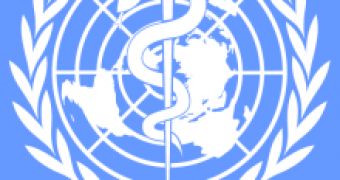According to the World Health Organization (WHO), about 2,000 babies are born daily with HIV because their mothers who carry the virus do not get treatment to stop the transmission. Less than 10% receive the much needed antiretroviral therapy during pregnancy and childbirth, despite the much easier access to the drugs.
"Each year, over 570,000 children under the age of 15 die of AIDS, most having acquired HIV from their mothers," said the WHO. During the last 2 years, antiretroviral therapy for HIV became available for only 1.3 million poor people, only about 20% of the 6.5 million people needing treatment.
More than 810,000 people in sub-Saharan Africa are receiving drugs, while Latin America and the Caribbean nations show promising results, 68% of the people receiving the needed treatment. In Eastern Europe and Central Asia, 21,000 receive the treatment, while in Middle East and North Africa the number drops to 4,000.
Annual expenses must reach $22 billion by 2008 in order to pay for national HIV prevention, treatment and care programs. For the 2005 to 2007 period, there still remains a gap of $18 billion. 250,000 to 350,000 premature deaths have been prevented with the help of antiretroviral therapy, began by 50,000 new people each month in the past year.
Also, the price of drugs has been decreasing by as much as 53%. Still, some are forced to resort to branded drugs when the first fail. There is a severe absence of drugs for children, of whom 660,000 need urgent treatment.

 14 DAY TRIAL //
14 DAY TRIAL //